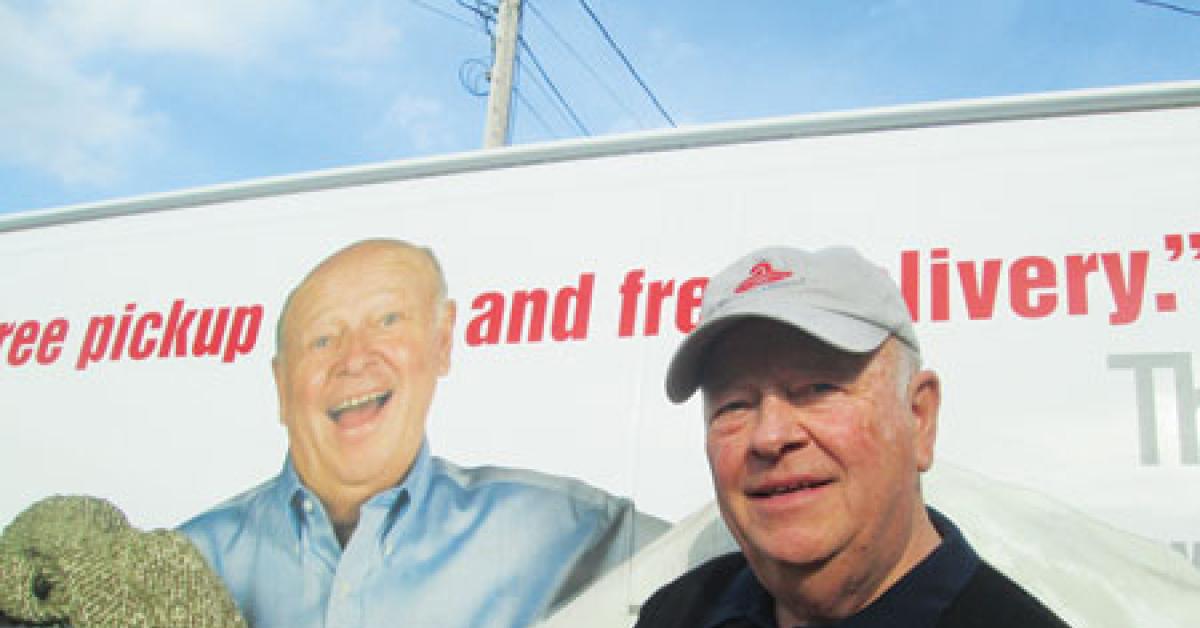PEMBROKE, Mass. — Paul Ceccarelli, former owner of The Cleanist in Plymouth, Mass., says that his cost group was his greatest learning experience.
“At each quarterly meeting, a dozen or so owners would put their information out there, and we’d compare data,” Ceccarelli recalls. “We’d talk over our problems and how we solved them. We reviewed each other’s plans and ideas. Sometimes we’d say, ‘That’s no good.’ But sometimes we’d give suggestions as to how to do something better. This was a big reason that I was able to run a successful business for 37 years. My cost group helped me understand my business.”
CREATE A FAMILY ATMOSPHERE
Ceccarelli had to deal with all sorts of employees over his almost 50 years in the industry. He offers this assessment: “We couldn’t pay our people 18 to 20 dollars an hour. The economics of the business didn’t allow it. So we created a family atmosphere. We made sure they wanted to work for us.
“In addition, you have to know your people. When something is wrong, you have to find out what it is and resolve the issue. You also have to take time to have fun. For example, last Christmas I spent three to four thousand dollars on our Christmas party. You have to give gifts to loyal staffers.
“You have to learn how to deal with different nationalities. For example, we had six or seven Brazilians working in the plant. I had to get to understand their culture and their ways. But I made them family.”
CAPITALIZING ON AUTOMATION
Ceccarelli updated his equipment over and over again.
“What I tried to do is buy equipment so that the process became more automated, faster and simpler,” he says. “Simpler is very important. We created systems and procedures so that the operator didn’t have to think.
“For example, our auto assembly/bar-coding system eliminated putting tickets on garments and all that entails. It reduced all kinds of potential errors. Our automatic bagger eliminated the need for staffers to put covers on orders. These pieces of equipment reduced the thinking that staffers had to do. That’s how we got the most efficiency.”
LOOKING AHEAD
Ceccarelli sees the industry’s future in acquisition.
“I think that we are at a permanent reduced volume of trade due to the casual clothes trend and to other society changes,” he opines. “It is harder to build a business by expanding your markets through more drop stores and routes. To grow these days, an aggressive firm will expand through acquisition. That is the way to go.”
But he didn’t expand through acquisition. He built his business on the principle of winning one customer after another, the old-fashioned way. Perhaps that’s why he didn’t build an industry giant. Still, he ran a solid, profitable business for more than 35 years. He serviced his area, with some customers being second- and third-generation patrons.
He contributed to the industry through active involvement in several associations, including co-founding Northeast Fabricare. Yes, he made money. But, equally important, he tried to mold the industry into being more professional and efficient.
So the question is, what can we learn from a pro?
First, find others—association members, a cost group, friendly operators—with whom you can share your business practices and bounce ideas off. Running a business alone is too hard in this marketplace.
Second, keep a close watch on every aspect of the business, never letting anything get out of hand.
Third, keep a finger on the pulse of the marketplace, never being afraid to change directions, even if there is spent money sitting on the table.
Stay at it, for you’re in it for the long haul, like Paul Ceccarelli.
Have a question or comment? E-mail our editor Dave Davis at [email protected].

